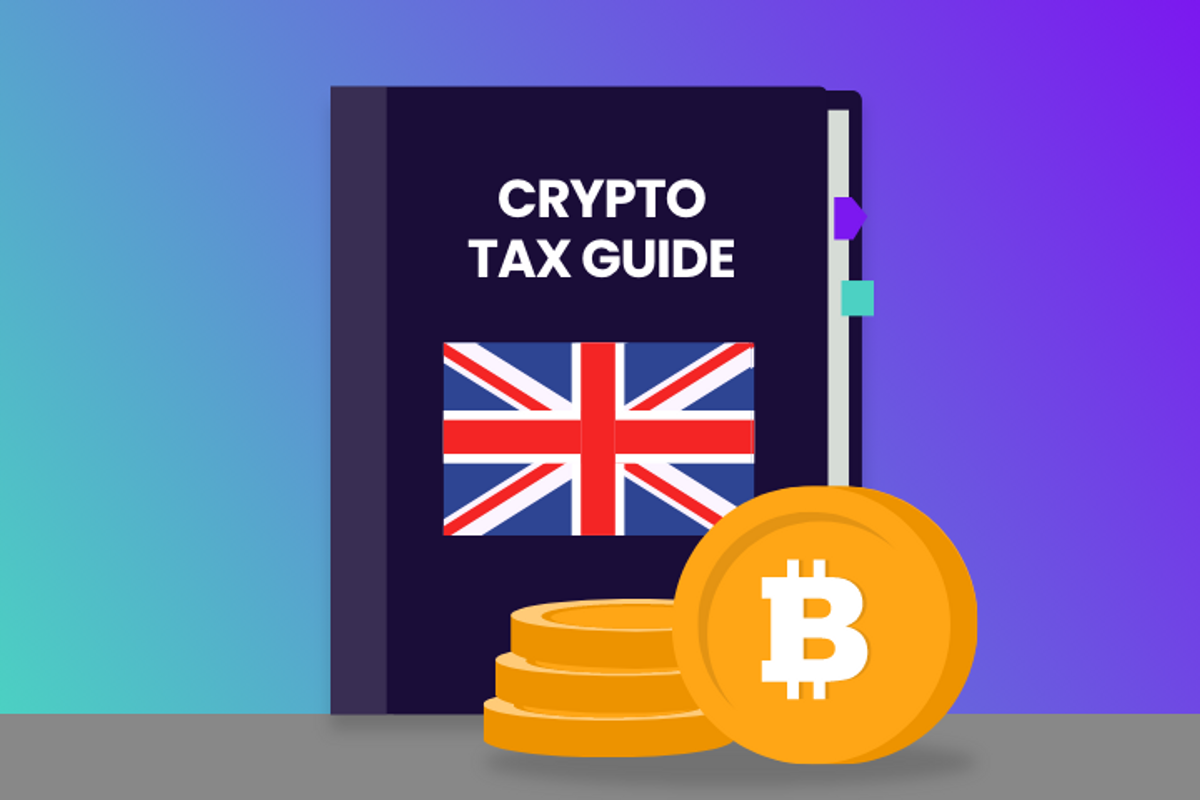
The rise of crypto cashback has made spending with cryptocurrency even more rewarding. Whether it’s earning Bitcoin when you shop or receiving cashback rewards through a crypto card, this trend has gained traction among UK crypto enthusiasts. But it raises an important question: Is crypto cashback taxable in the UK? Let’s break it down.
Disclaimer
This guide is intended as a generic informative piece. This is not accounting or tax advice that can be relied upon for any UK individual’s specific circumstances. Please speak to a qualified tax advisor about your specific circumstances before acting upon any of the information in this article.
What is crypto cashback?
Crypto cashback refers to rewards offered by crypto debit or credit cards or loyalty programs when you spend money. Instead of earning traditional cashback in fiat currency, these programs reward you with cryptocurrency - such as Bitcoin, Ethereum, or even tokens specific to the platform.
Normally, you add funds to the cashback card and it can then be used to make purchases. Some users need to top up the card with fiat sterling, others top up their cashback card with cryptoassets.
An example is the crypto.com card, which is like a debit card. It can be used to make purchases of goods and services in fiat from most retailers (ie for your groceries, buying a car or a TV) and cashback rewards are received in cryptoassets (ie in CRO/MCO on crypto.com) based on the amount of purchases made with the card.
While cashback cards can be extremely rewarding, it’s also important to understand how they might affect your tax liability.
Is crypto cashback taxable in the UK?
There is no HMRC guidance on the tax treatment of cashback rewards received in cryptoassets, however there is guidance on the receipt of cashback in general and this is likely to apply.
A sum, however described, which is received by an ordinary retail customer as consideration for the purchase by the customer of goods or services should not be regarded as a taxable receipt in computing profits under Case VI. This is the case whether the payer is the provider of the goods or services or another party with an economic interest in ensuring the transaction takes place.
HMRC Point 20, Statement of Practice 4/97
If this HMRC guidance is also applied to crypto, it means that crypto cashback rewards are not taxable income, where they are not received in the course of a trade.
Financial trade
If the taxpayer is a ‘financial trader’ in cryptoassets or the cashback is received in the course of another trade, these cashback rewards will be treated as taxable trading income.
Capital gains tax considerations for crypto cashback
Selling or trading crypto cashback rewards
When you eventually sell, exchange or spend your cashback, it is classed as a disposal of the rewarded crypto and may be subject to capital gains tax.
There is no HMRC guidance on the acquisition cost for the CGT calculation so this remains an area of uncertainty. Depending on the circumstances, it could be argued that the acquisition cost is Nil or the market value of the tokens at the date of receipt. Take a look at our Technical crypto tax guide for more information.
Topping up a crypto cashback card
If you top up your crypto cashback card with cryptoassets, this could be classed as a disposal of the cryptoassets for tax purposes.
How to account for crypto cashback and calculate crypto taxes with Recap
Crypto cashback is a worthwhile and exciting opportunity, but you need to ensure you understand and comply with the tax obligations. While it’s unlikely you’ll owe income tax on cashback earned in crypto, it is important to keep track of the transactions.
- The value of the crypto cashback at time of receipt as this will form the cost basis for capital gains tax calculations.
- Disposal events: keep track of any sales, trades, or other disposals of the rewarded crypto, as these will need to be included in your tax return.
You can use Recap to simplify crypto tax tracking and reporting. Our crypto tax calculator helps you monitor all transactions, calculate gains, and stay compliant with HMRC requirements. Get started with Recap for free today.



